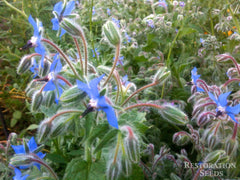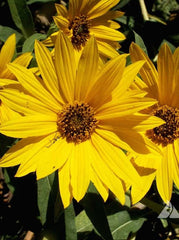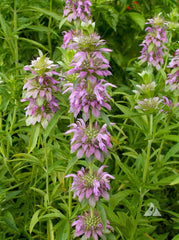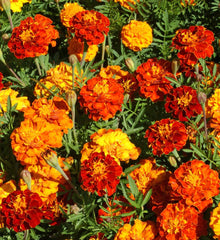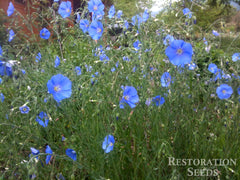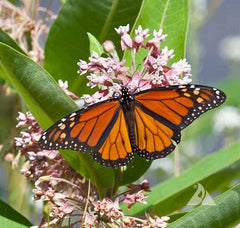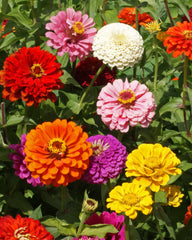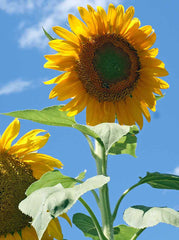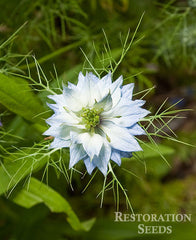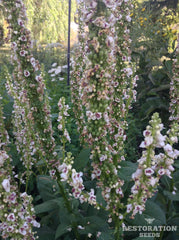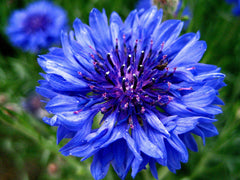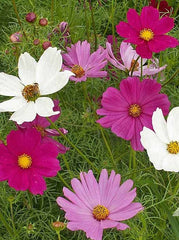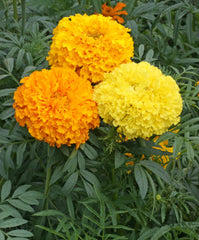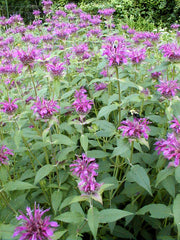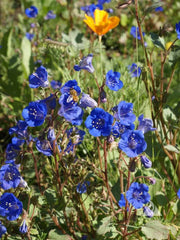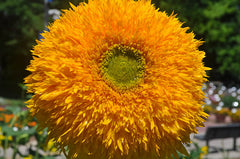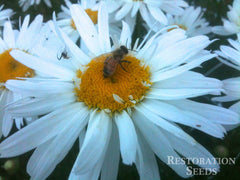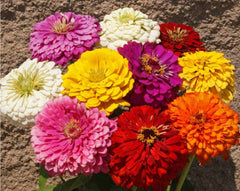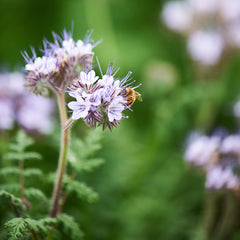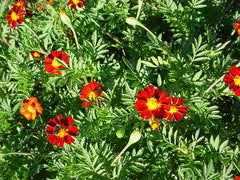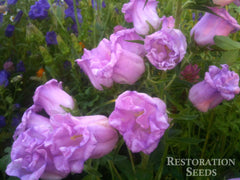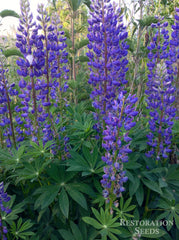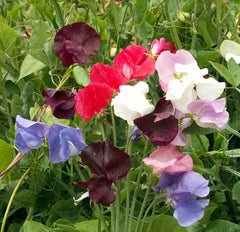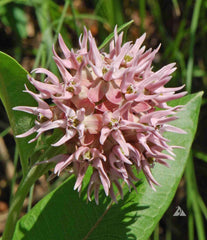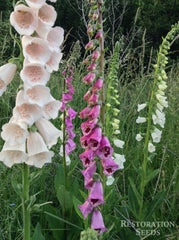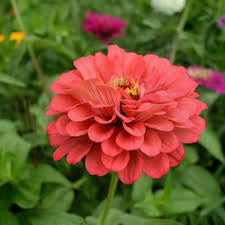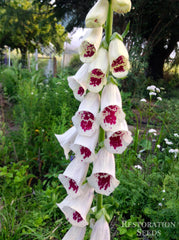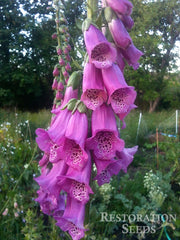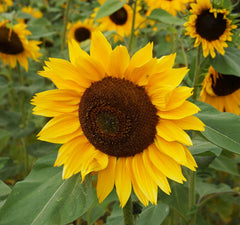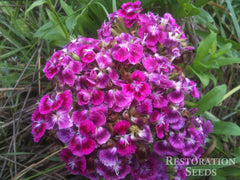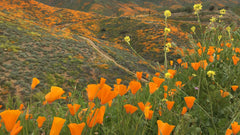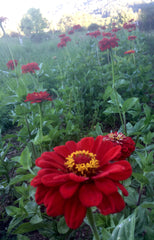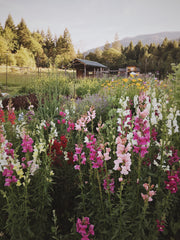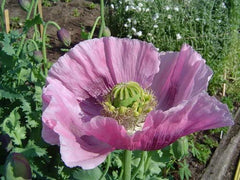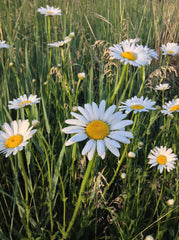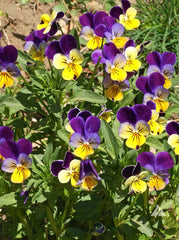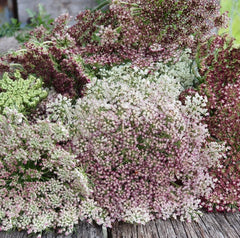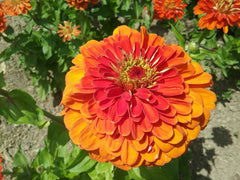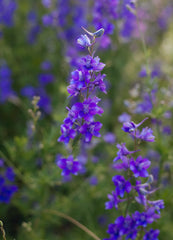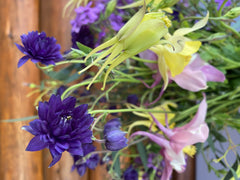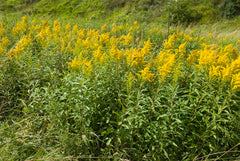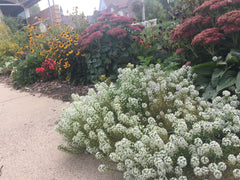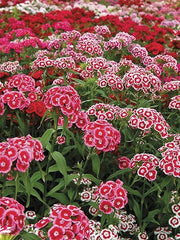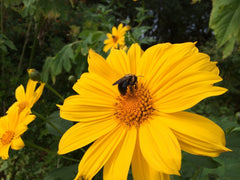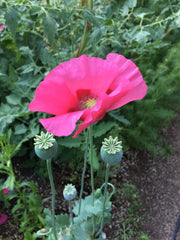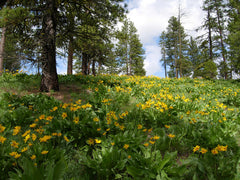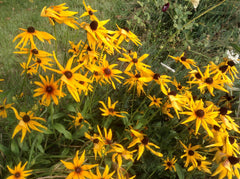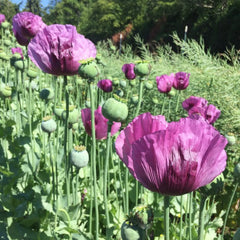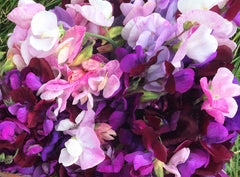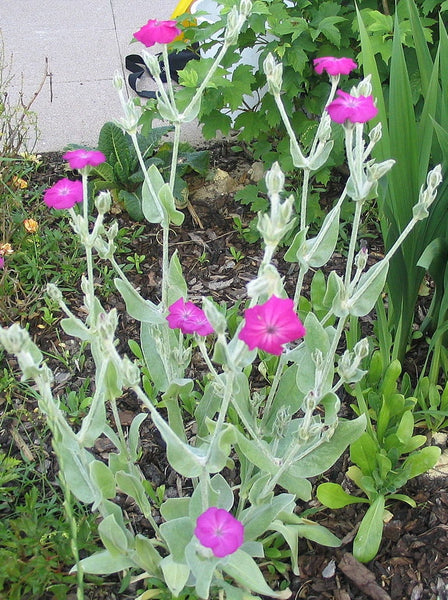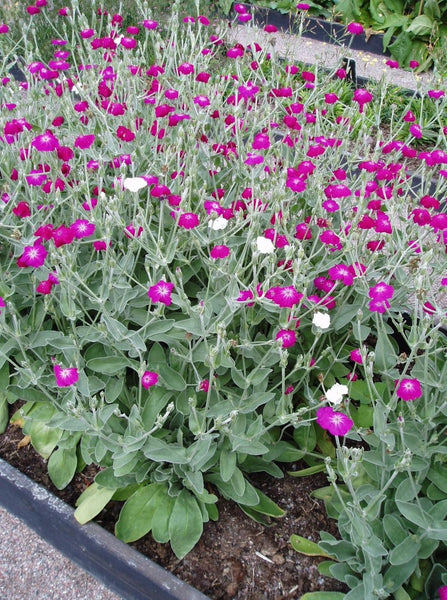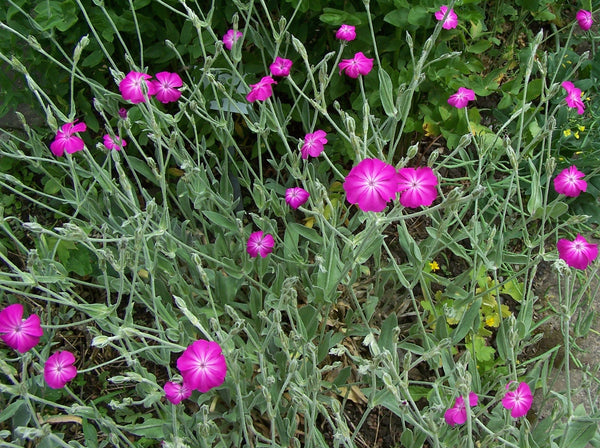Rose Champion lychnis
Lychnis Coronaria
HOW TO GROW LYCHNIS
Start indoors 8 to 10 weeks before last frost, then transplant out. Direct sow a group of 3 to 4 seeds every 12 to 15”. Germination improves with cold stratification. Easy to grow, requires little maintenance, needs only occasional water. Will grow in rock soil, self sows, may spread. Surface sow, press into soil, do not cover. Soil pH 6.1–7.8. Hardiness zones 3–9. Perennial.
Usual seed life: 3–4 years.
Planting Depth surface requires light
Soil Temp. Germ. 68˚F stratify
Days to Germ. 21–30
Plant Spacing 12”-24”
Row Spacing 18”
Full Sun, Moist Well Drained Soil
Usual seed life: 3–4 years.
Planting Depth surface requires light
Soil Temp. Germ. 68˚F stratify
Days to Germ. 21–30
Plant Spacing 12”-24”
Row Spacing 18”
Full Sun, Moist Well Drained Soil
- 150 Seeds$3.50
Common in early American gardens including those of Thomas Jefferson. Loved for its striking magenta spring flowers and year-round rosette of wooly gray foliage. Each blooms lasts one day, but the plant continues to bloom for several months. Lychnis blooms June through July. The plans re-seed themselves easily. “Lyn...
Common in early American gardens including those of Thomas Jefferson. Loved for its striking magenta spring flowers and year-round rosette of wooly gray foliage. Each blooms lasts one day, but the plant continues to bloom for several months. Lychnis blooms June through July. The plans re-seed themselves easily. “Lynchis” is Greek for “lamp”, as the soft felt-like leaves were once used as lamp wicks. Short-lived perennial to zone 4, but survives winters in zones 4-8. Grows to 2–3’. Also known as Champion, shared with Silene and Catchfly, the latter name based on the sticky stems. Tags: Color: Pink Purple, Specialty: Deer Resistant, Specialty: Drought Tolerant, Season: Summer, Certification: Organic.
The Lychnis is also the common name of Hadena bicruris, a species of noctuid moth. The larva of this moth feeds on Lychnis species, as do some other Lepidoptera including Cabbage Moth.
The Lychnis is also the common name of Hadena bicruris, a species of noctuid moth. The larva of this moth feeds on Lychnis species, as do some other Lepidoptera including Cabbage Moth.
Learn More
Meet Your Farmer
We promote fair trade, organic practices and environmental responsibility throughout the Restoration Seeds supply chain. Below are the family farmers and seed suppliers who bring our open pollinated seeds to you.
White Dog Farm
Organically Grown
Seed grower since 2019


White Dog Farm is nestled in the Williams Valley and is home to Greg & Kate Stanko. We are stewards of a 5 acre farm shared by sheep, chickens, pigs and Puja, our LGD. Our passion is to nurture the earth, grow flowers and vegetables sustainably using organic practices. Correspond to whitedogfarm57@gmail.com.
Reviews
